The Rise of Romantic Consumerism and the Collapse of Real Connection
Dating Routine: Swipe. Match. Compare. Discard.
Welcome to the world of relationshopping — a memeified social term born from the dating app era to describe the growing tendency to approach romantic relationships like consumer choices.
It’s dating, rebranded as digital window shopping.
And while it sounds cheeky and modern, its consequences for emotional intimacy and commitment are anything but.
What Is Relationshopping on Dating Apps?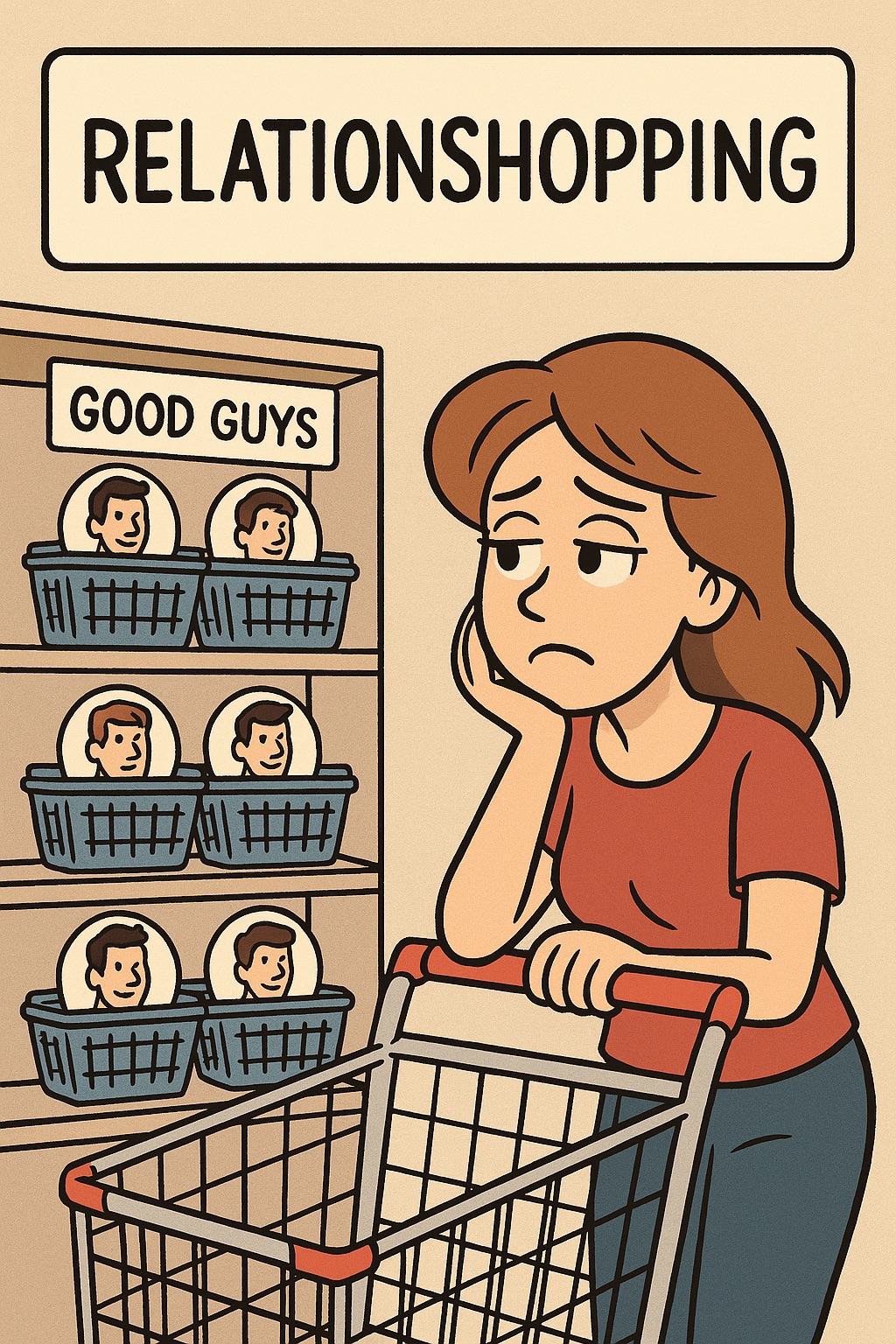
Relationshopping is the act of treating romantic partners like products — browsing, testing, comparing, and discarding them based on perceived upgrades, compatibility filters, and instant satisfaction.
The term gained traction in the early 2010s as dating apps like Tinder, Bumble, and Hinge exploded in popularity. With swipe-based interfaces and infinite profiles, dating has become more about maximising options than building genuine connections.
“She’s smart, but doesn’t like camping.”
“He’s hot, but not tall enough.”
“They’re perfect… but what if someone better’s just a swipe away?”
This “What else is out there?” mentality is the defining symptom of relationshopping.
Origin: From Matchmaking to Marketplaces
In earlier decades, people found partners through:
- Social circles
- Community events
- Workplace or school settings
These were relationship-first environments, built on trust, shared context, and mutual discovery over time.
The rise of dating apps flipped that logic. It introduced market-first dynamics:
- Profiles optimized for comparison
- Swipe mechanics designed for quantity
- Attention economies that reward novelty over depth
Now, you’re not just meeting someone — you’re comparing them to hundreds of digital strangers in real time.
And that’s the key shift:
From commitment to curation.
Relationshopping Is Built on Consumer Logic
In a consumer economy, we are trained to:
- Avoid commitment until we’ve sampled enough options
- Return or discard things that don’t meet our rising expectations
- Constantly upgrade
- Assume that more choice = better outcomes
Relationshopping brings this logic into our most intimate spaces — and it’s devastating for emotional depth.
Partners become interchangeable.
Attraction becomes transactional.
And instead of investing in someone’s complexity, we switch tabs.
The Fallout: Burnout, Ghosting, and the Illusion of Perfection in Dating Apps
Relationshopping creates a paradox:
More options, less satisfaction.
- People become overwhelmed by choice and fear missing out.
- Romantic patience diminishes; effort is replaced with convenience.
- Emotional investment is delayed — or avoided entirely.
This leads to:
- Ghosting, because why explain when you can just refresh the page?
- Shallow bonding, where vulnerability is risky and replaceable
- Cynicism, where people begin to view dating as a rigged game they must game back
What was once romantic pursuit becomes strategic positioning.
Love becomes a UX issue.
The Swipe Loop: Never Fully In, Never Fully Out
Relationshopping thrives on:
- The illusion of abundance
- The anxiety of missing out
- The habit of convenience over confrontation
Many users experience what psychologists now call “decision fatigue”, leading them to constantly toggle between dating, pausing, uninstalling, and reinstalling apps again when loneliness resurfaces.
It’s not a cycle of love.
It’s a cycle of emotional consumption.
Is There a Way Out?
Yes — but it requires a reimagination of digital romance.
A new model that:
- Prioritizes mutual growth over perfect fit
- Uses algorithms for serendipity, not efficiency
- Encourages earned intimacy over gamified engagement
- Rewards emotional integrity over profile performance
Dating platforms must evolve from shopping malls of desire to ecosystems of relational care.
And users must ask:
“Am I connecting with a person — or just upgrading my preferences?”
Final Thought: Stop Shopping. Start Showing Up.
Relationshopping might be an easy habit.
But it’s a costly one.
Because the greatest connections don’t always come pre-packaged with ideal specs.
They’re built, not browsed.
The future of dating doesn’t lie in the next profile.
It lies in the next choice you make — to actually show up

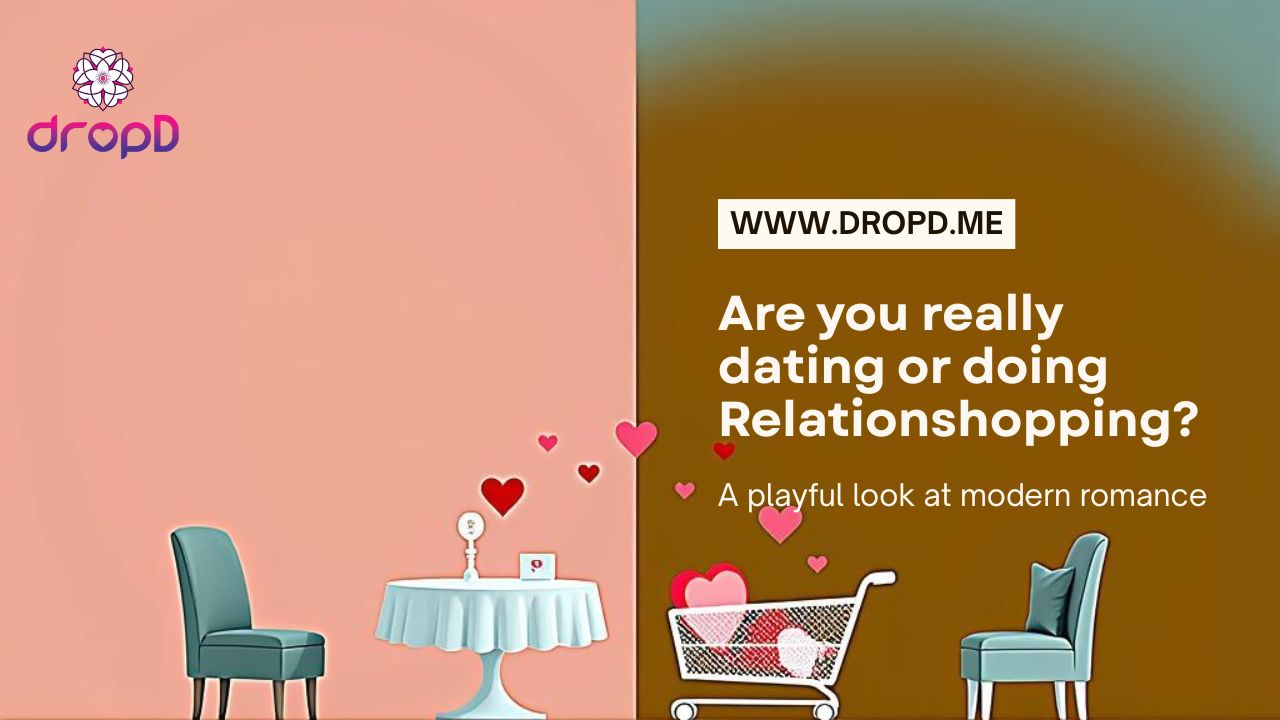
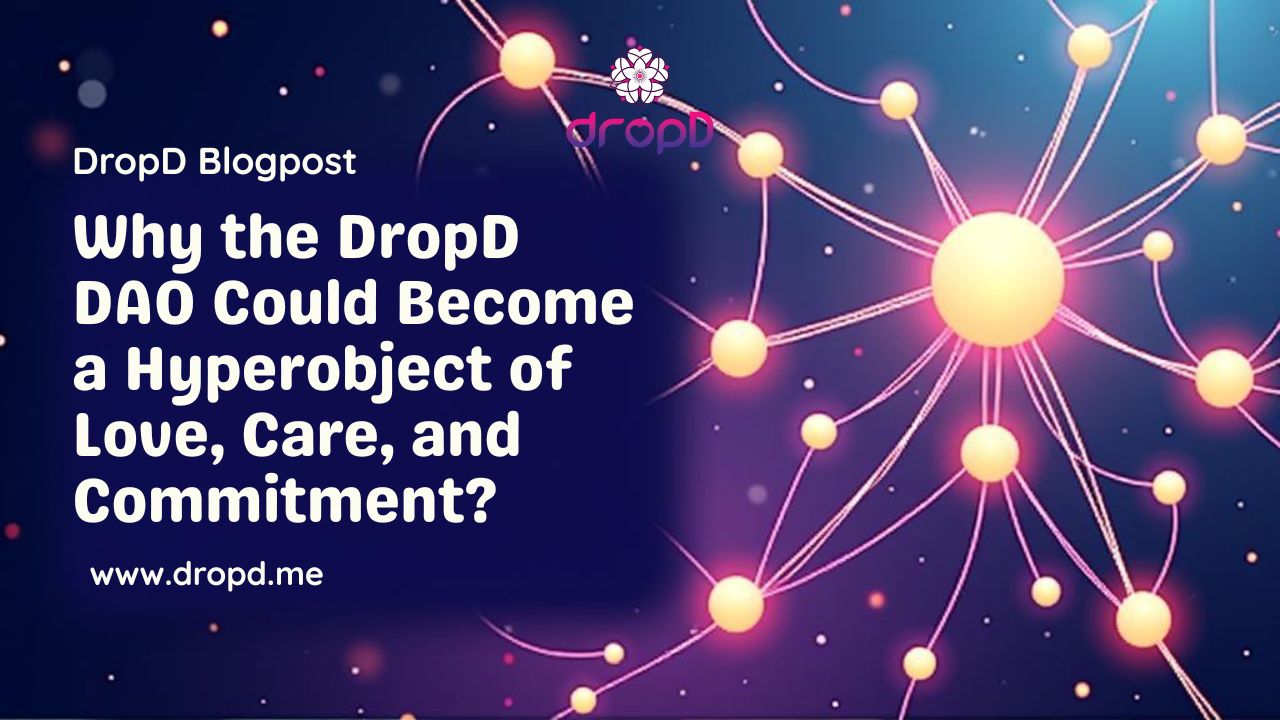
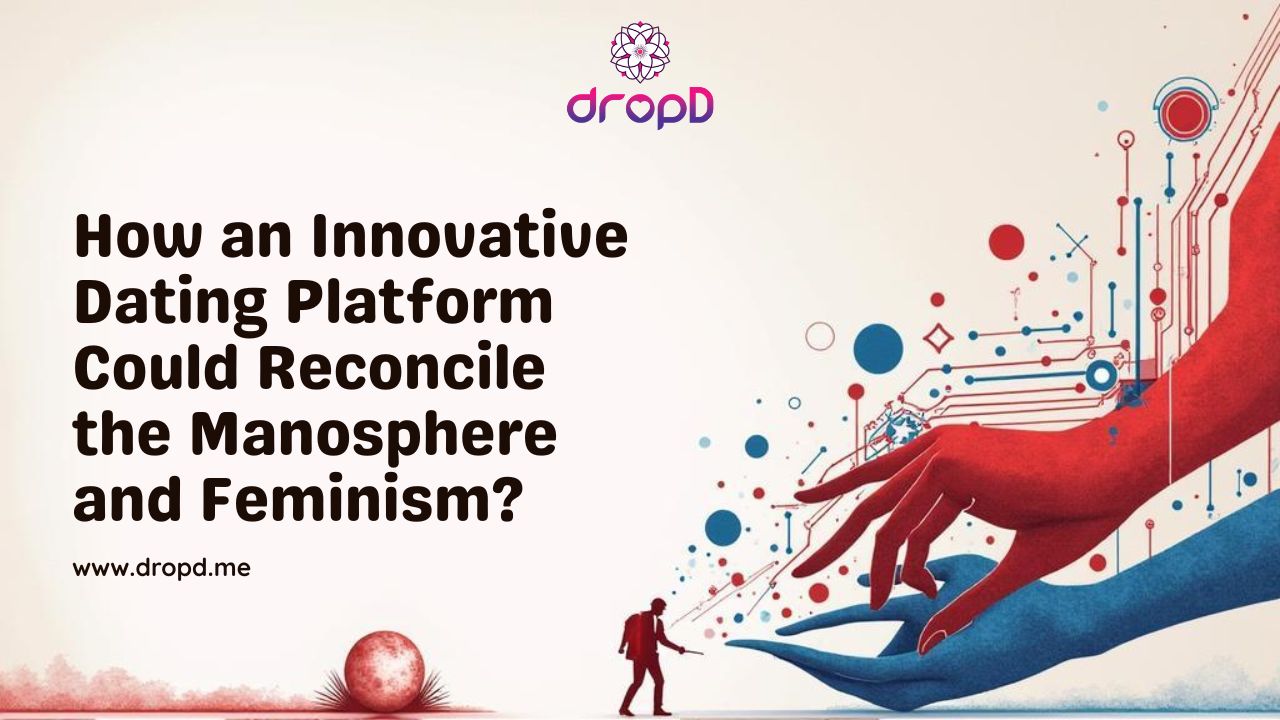
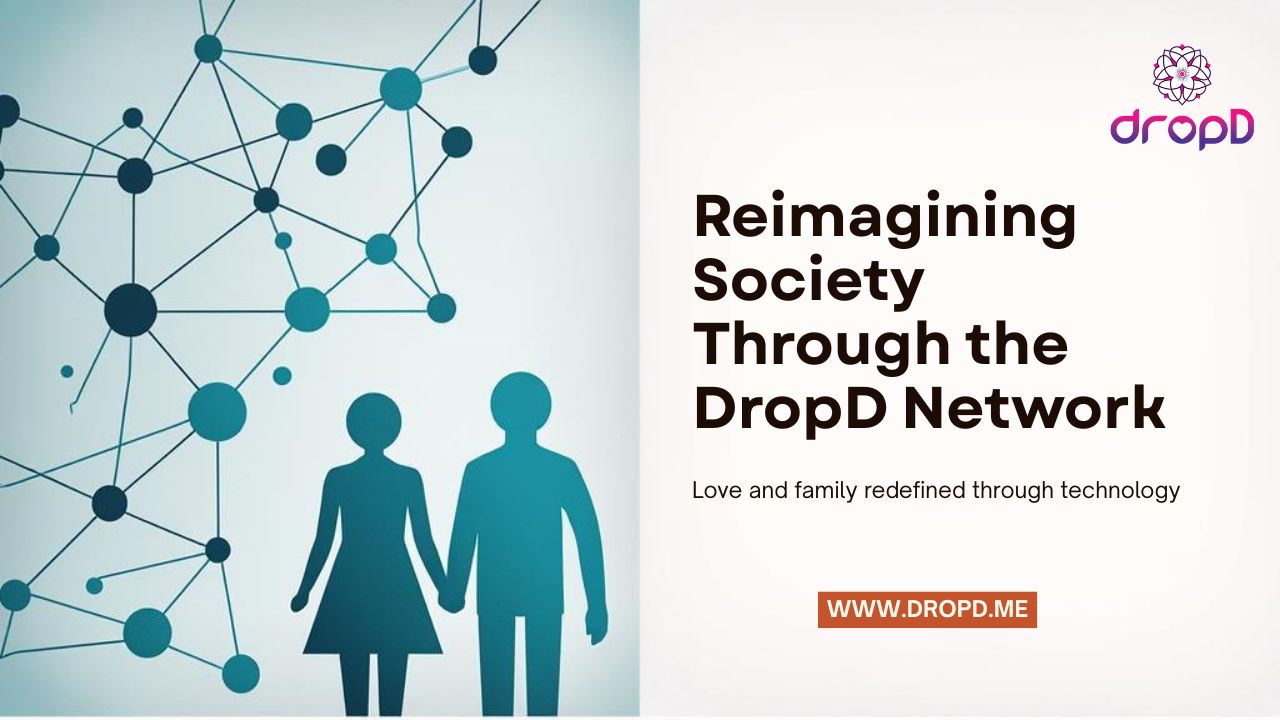
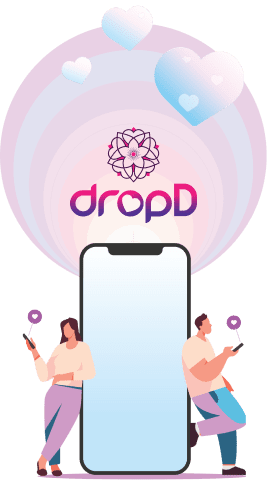
1 comment(s)
Martha Lawson
Spy-loop helped me monitor my husband's phone when I was gathering evidence during the divorce. I got virtually every information he has been hiding over […] Read MoreSpy-loop helped me monitor my husband's phone when I was gathering evidence during the divorce. I got virtually every information he has been hiding over a year easily on my own phone: the spy app diverted all his Whatsapp, Facebook, text messages, sent and received through the phone: I also got his phone calls and deleted messages. he could not believe his eyes when he saw the evidence because he had no idea that he was hacked. he can also improve dept on credit cards i strongly recommend h a c k s e c r e t e @ g m a i l c o m. you can also reach him if you're not able to withdraw your funds from any online trading platform like expert-option, Cal Financial, Analyst, Coinspot, Ctxprime, and many more Read Less